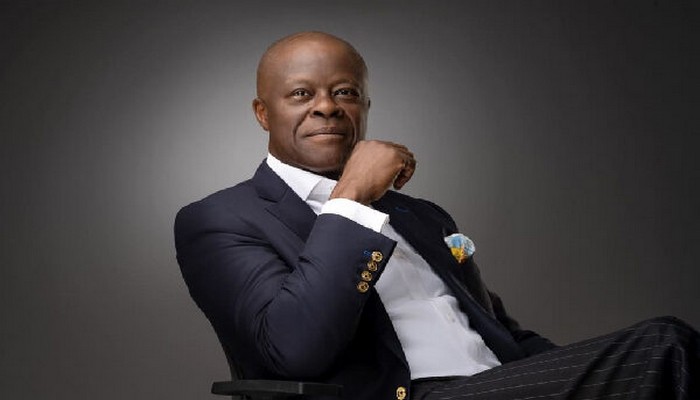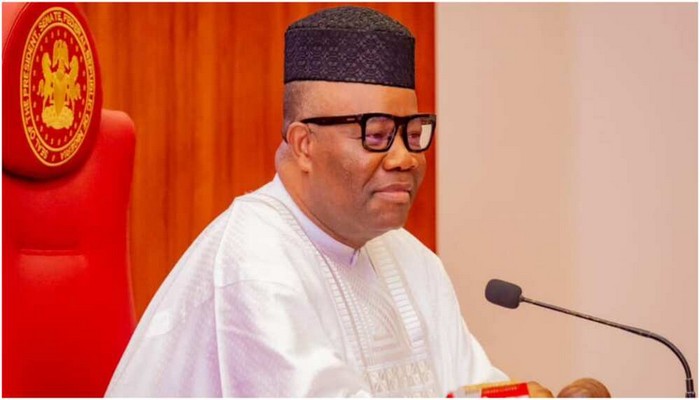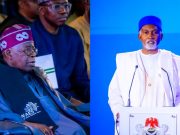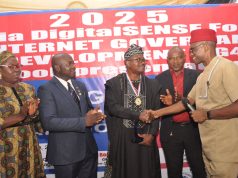The governorship candidate of the Labour Party in Lagos State, Gbadebo Rhodes-Vivour has decried the violence unleashed by supporters of the Progressives Congress (APC) during the March 18 election.
Rhodes-Vivour noted that the actions of leaders of the ruling party could lead to genocide like what happened in Rwanda in 1994.
In a statement on Wednesday, Rhodes-Vivour said he visited the victims of Saturday’s “state-backed terrorism and violence from Abule Ado to Surulere, Apapa to Ikeja.”
He disclosed he met with young men and women in pain due to bullets lodged in their body or deep cuts which have fractured their legs.
In response to the call by President-elect Bola Tinubu for healing, Rhodes-Vivour stressed that “healing cannot happen without justice.”
He accused the APC of unleashing “evil on Lagosians, with their fetish rites and curses during the day, and physical violence, yet want the peace of a graveyard.”
The Labour Party candidate condemned the state of “agberocracy” where the government wants a one-party state and the disenfranchisement of a section of citizens.
Rhodes-Vivour accused the APC of stoking ethnic strife “for the ambition of one man and his cult,” and rubbished the credibility the Independent National Electoral Commission, INEC, built over the years.
“We saw our traditional institutions reduced to pawns, tools. Oro rites that are done at night were done during the day, invoking the spell that Senator Tinubu and his cult have used to keep Lagos bound.
“This was no election, it was violence on multiple levels, diabolically and physically. On this ambition, they sowed seeds that could potentially lead to outcome like the Rwandan genocide,” the statement added.
INEC declared Governor Babajide Sanwo-Olu the winner of the contest after polling 762, 134 votes beating Vivour-Rhodes who scored 312, 329 votes.
On Tuesday, Labour Party chairman in Lagos, Dayo Ekong announced the readiness of the party to challenge Sanwo-Olu’s re-election, saying the victory was temporary.






































